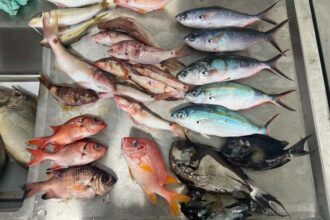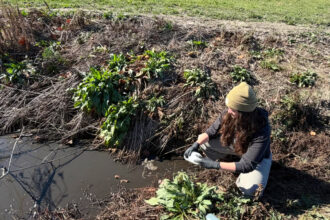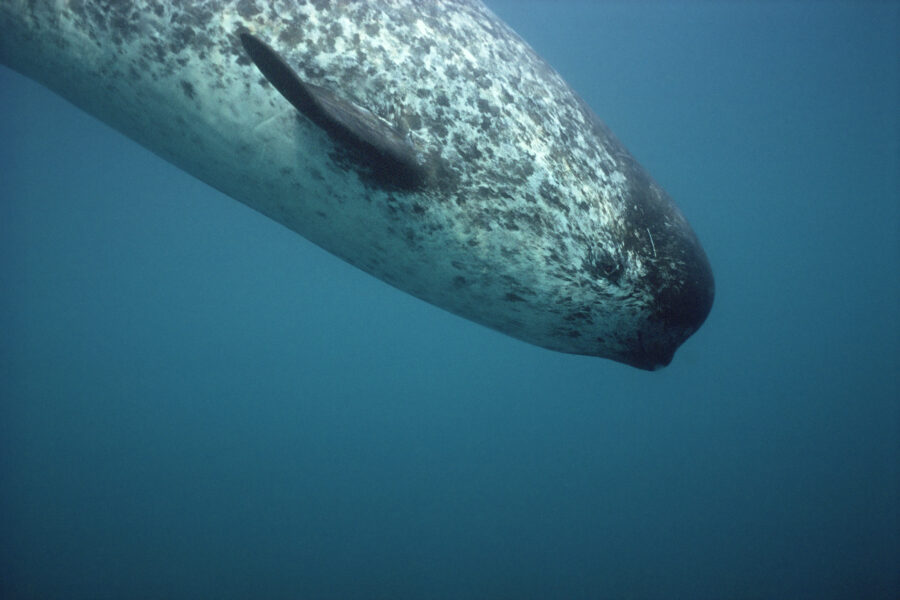Carbon markets and farmers may seem at first glance like strange bedfellows, but in fact the climate bill currently making its way through the U.S. House could have a huge impact on agriculture, and vice versa.
Carbon could be the next big U.S. crop, and in a number of ways, climate change legislation may be what saves American farming.
Unfortunately, it may be only industrial farming that wins big with the American Clean Energy and Security Act (ACES).
This afternoon, the House Committee on Agriculture will hold a public hearing to discuss the implications for agriculture of the ACES bill. Committee Chairman Collin Peterson (D-Minn.) has said he wants a full mark-up of the bill, and he has threatened to swing his committee against the legislation if he doesn’t get some changes.
While it would probably be a good idea to add some agriculture-specific wording to the bill, Peterson is hell-bent on either forcing through amendments desired by Big Ag or squashing the bill entirely.
The problem?
Big Ag essentially wants a pay-off for doing nothing.
There is huge potential to incentivize a shift to organic farming practices in the bill. Such practices sequester more carbon in the soil, thus farmers could actually be paid for such a shift if carbon is monetized.
But industrialized agriculture giants like Monsanto and Syngenta are pushing instead for carbon credits for chemical no-till farming, a process that relies on chemical herbicides and has not been proven to sequester carbon. The organic lobby is trying to get its voice heard, but at the moment it’s more of a whisper.
Unfortunately, this is politics and it’s not simply a matter of keeping the interests of Big Ag out of the picture. Dennis Nuxoll, government relations director (read: lobbyist) for the American Farmland Trust, explains:
“A lot of the agriculture groups are pushing for the USDA’s involvement in drafting protocol and standards for carbon sequestration as it relates to agriculture and forestry because farmers and ranchers have a long history of dealing with the USDA, the USDA has been involved in soil science for decades, and the agency has offices in almost every rural county in the country.
“The EPA doesn’t have those resources—if it’s both writing the protocol and on the ground administering the program, I don’t see us reaching the critical mass of carbon sequestration laid out in the bill.”
Given that the Farm Bill passed last year already gives the USDA jurisdiction to decide what does or doesn’t qualify as an offset in the agriculture and forestry realms, this seems reasonable at first glance. But there are likely other factors at play, starting with the fact that the EPA is a regulatory body and farmers and ranchers may not want EPA officers sniffing around or potentially fining them for the emissions associated with their operations. Industrial ag certainly doesn’t want that.
Still, Nuxoll has a fairly balanced approach:
“We know that the cost of doing business will go up because, whether it’s via this legislation or via the EPA regulating greenhouse gas emissions as part of the Clean Air Act, we are going to be assigning a price to carbon.
“What we and many other agricultural groups are focusing on is maximizing the opportunities inherent in climate change legislation, namely offsets, renewables, and allowances.”
The last item on the list links to another beef the agricultural community has with ACES: The current draft has no money going to the USDA for producers as part of the allowance pool.
Nuxoll balks at this, saying money from that pool is needed to help producers adapt to the realities of climate change.
“If California becomes even drier, for example, how do food producers there adapt and continue to produce food?” he asks. “There needs to be money for addressing problems like that, and I hope that’s something we’re still talking about a few weeks from now [when the bill moves to a vote].”
Even without any ag-specific language in ACES, farmers could potentially reap rewards from the legislation; rewards that would not merely offset the rising cost of fuel but could actually increase net profits.
Farm waste could become a commodity in the form of biomass sold to power plants, for example. And farmers and ranchers could profit from incentives and net metering if they install wind turbines and solar panels on their vast expanses of land.
Whether Peterson and Big Ag would allow a bill without a nod to agriculture—or, more precisely, carbon credits and carbon market protocol that suits Big Ag—remains to be seen.
See also:
Corn’s Troubled Future Under Climate Change
Subsidies Worth Billions at Stake in Battle Over Biofuel Rules
New Report Complicates Ag’s Assault on Biofuel Rules
About This Story
Perhaps you noticed: This story, like all the news we publish, is free to read. That’s because Inside Climate News is a 501c3 nonprofit organization. We do not charge a subscription fee, lock our news behind a paywall, or clutter our website with ads. We make our news on climate and the environment freely available to you and anyone who wants it.
That’s not all. We also share our news for free with scores of other media organizations around the country. Many of them can’t afford to do environmental journalism of their own. We’ve built bureaus from coast to coast to report local stories, collaborate with local newsrooms and co-publish articles so that this vital work is shared as widely as possible.
Two of us launched ICN in 2007. Six years later we earned a Pulitzer Prize for National Reporting, and now we run the oldest and largest dedicated climate newsroom in the nation. We tell the story in all its complexity. We hold polluters accountable. We expose environmental injustice. We debunk misinformation. We scrutinize solutions and inspire action.
Donations from readers like you fund every aspect of what we do. If you don’t already, will you support our ongoing work, our reporting on the biggest crisis facing our planet, and help us reach even more readers in more places?
Please take a moment to make a tax-deductible donation. Every one of them makes a difference.
Thank you,











